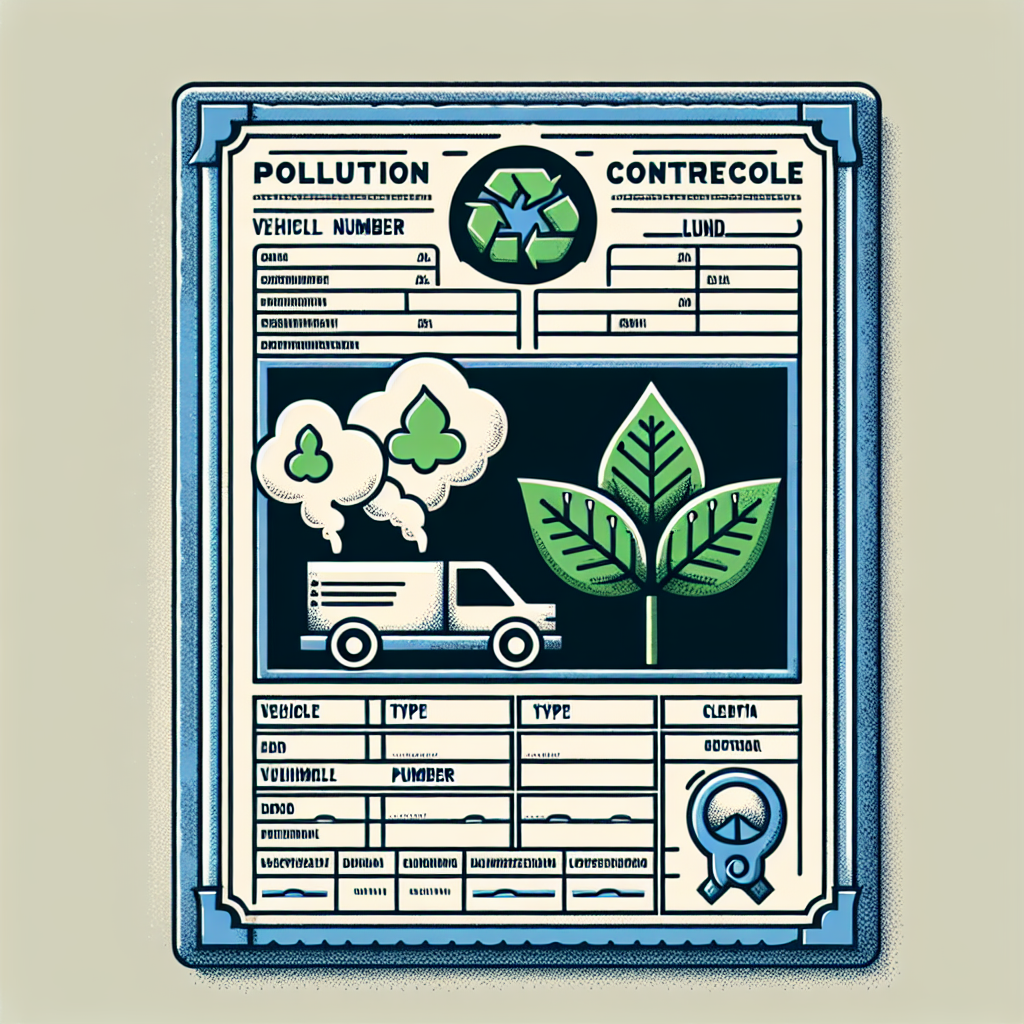Compressed Biogas: A Solution to Delhi's Pollution Crisis
A report highlights the role of compressed biogas (CBG) in mitigating Delhi's pollution crisis by reducing stubble burning and vehicular emissions. CBG can significantly lower particulate matter emissions and serve as a renewable alternative to fossil fuels, requiring coordinated efforts for widespread adoption.

- Country:
- India
A recently published report underscores the potential of compressed biogas (CBG) as a sustainable means to address Delhi's persistent pollution issues. By mitigating both agricultural stubble burning and vehicular emissions, CBG emerges as a promising alternative.
According to the report by Nomura Research Institute Consulting & Solutions India, vehicles contribute significantly to Delhi's air pollution. During summers, they account for 20% of total emissions, escalating to 30% in winter. Stubble burning, meanwhile, contributes 16% in summer and 23% in winter.
CBG plants, strategically positioned, could repurpose biomass and drastically cut particulate matter emissions, akin to replacing thousands of petrol cars with electric vehicles. The report calls for a concerted effort among the government, private sector, and farmers to boost CBG production and adoption.
(With inputs from agencies.)










